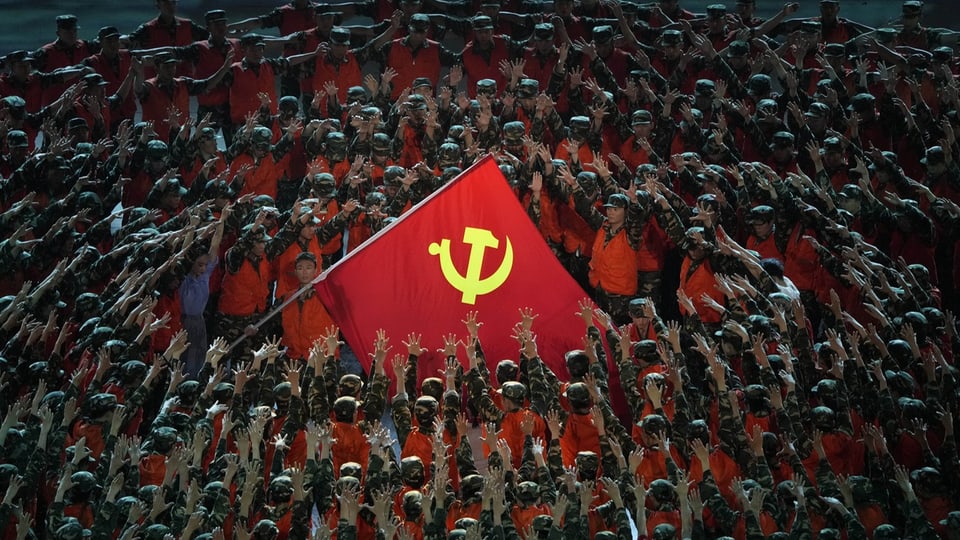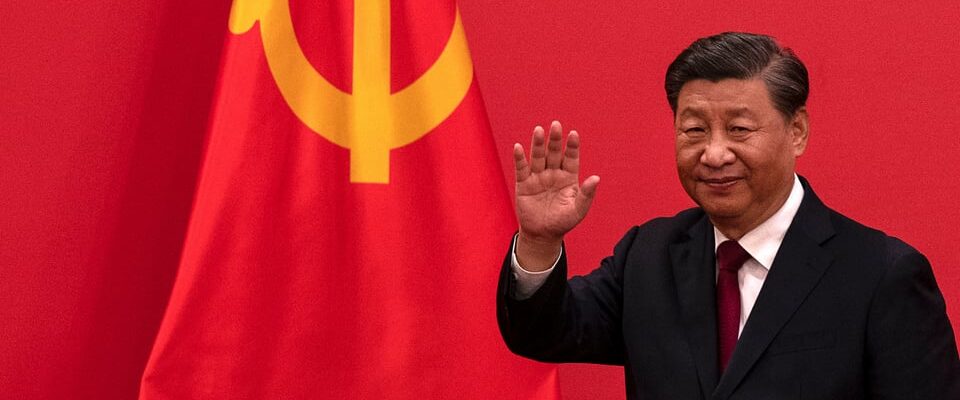Contents
The government serves the Communist Party, says a newly revised law. A concentration of power with consequences.
He is the center of the Chinese power apparatus: Xi Jinping. Chairman of the Central Military Commission, General Secretary of the Communist Party, President of China. He is everything at the same time.
Secretary General before President
However, most Chinese people would never use the term “president” for Xi. For them he is the general secretary. The thinker and leader of the Communist Party.
In fact, many in China don’t even know that Xi is also President of the People’s Republic. Because the role of party leader far outshines the role of head of state. And under Xi, the balance of power between party and state has shifted further in favor of the party.
More power for the party
This is now also enshrined in law. The state institutions must follow the Communist Party. The adjustment of the law is the logical consequence of increasing centralization, says Dali Yang, political science professor at the University of Chicago.
Legend:
A year ago, the National People’s Congress in Beijing confirmed Xi Jinping unopposed for a third term as president.
Getty Images/Kevin Frayer
Yang has written several books about China’s political system. He observes how state institutions increasingly have to implement the wishes and demands of the Communist Party.
Bureaucracy vs. party
This desire for power and influence comes from the fact that the party, local authorities and the authorities do not always have the same interests: “Of course the civil service itself also has interests that it enforces and often at the expense of the communist party leadership,” says Yang. This is a main reason why Xi feels the need for greater central control.
The official press and communications are forced to only say positive things.
Yang observes negative effects of this when it comes to solving problems in China. This was because increasing information and decisions were made about Beijing. The problem: “In China, unfortunately for Xi, there is a strong incentive for subordinates to give him embellished information.”

Legend:
In China, all power is increasingly concentrated in the Communist Party. According to political scientist Dali Yang, this also creates problems in the vast empire.
Keystone/AP/NG HAN GUAN
This leads to delays and even serious errors when dealing with major challenges. The Chinese system reacts only slowly to crises. The political scientist sees another reason for this in communication: “The official press and communication are forced to only say positive things.” This is counterproductive because the people who live in this system are heavily influenced by this rhetoric that they themselves create.
Critical opinions not welcome
In fact, in recent months, experts and economists in China have actually been put under pressure by the authorities. They should not speak negatively about the Chinese economy. Only good news and predictions are welcome. Despite the ongoing real estate crisis, despite high youth unemployment and depressed consumer sentiment.
So it remains to be seen whether the strengthened power center in Beijing will still draw the right conclusions with regard to the economic problems.
